1.
Robust Internship and Pre-Placement Process
Process:
Data:
LJIET BATCH 2021 (Passing Year 2025) PRE- PLACEMENT DATA
BRANCH
Total students
Total students Placed
No of Companies
Average Annual Salary "ON HAND" as on
Average Annual Salary
Highest Annual Salary
COMPUTER SCIENCE DOMAIN
524
509
326
1,60,523
3,08,740
14,40,000
EC
24
24
9
1,33,832
3,51,331
5,10,012
CIVIL
80
72
21
2,20,400
3,17,116
7,20,000
CHEM
27
25
19
1,05,733
3,07,416
9,00,000
MECH
80
80
18
2,03,036
3,66,557
19,29,600
TOTAL
735
710
393
1,64,705
3,17,497
Undergraduate Program (2021 Batch) – Key Statistics
Key Performance Indicators
Retention Ratio: 97.2% of students admitted in 2021 continued through to the final year in 2025.
Graduation Ratio: 96.6% of final-year students successfully completed their degree.
Not a single unemployed engineer is graduating in 2025
2.
Transparent and Efficient Examination and Evaluation Process
2-A THEORY EVALUATION PROCESS
Data:
Process:
Data:
Pedagogy / Best Practices
15-May-2025
( During Training)
"ON HAND"
(After Training)
( After Training)
2-B PRACTICAL EVALUATION PROCESS
3.
Strong and Supportive Mentorship System

Traditional Teaching
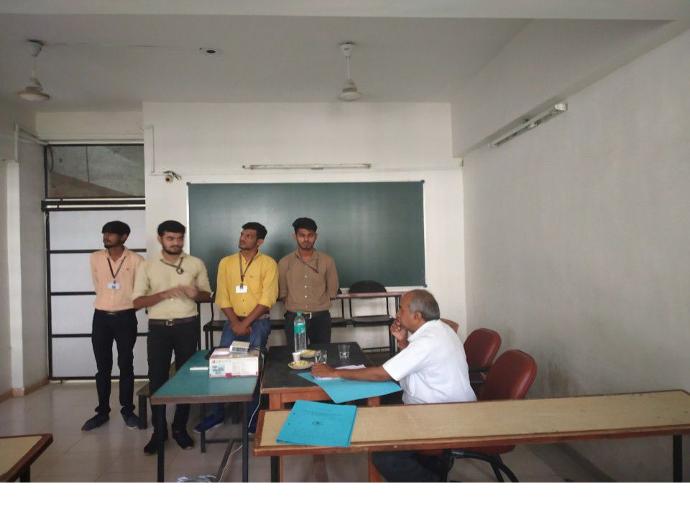
Faculty-Student Interaction
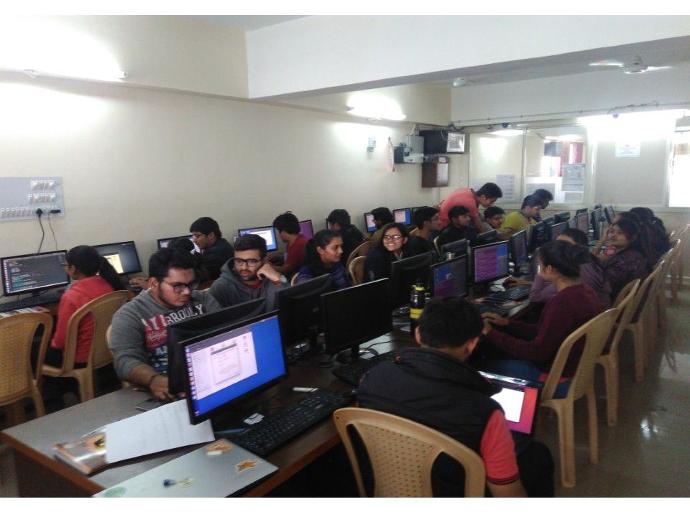
Enhanced Learning Experience
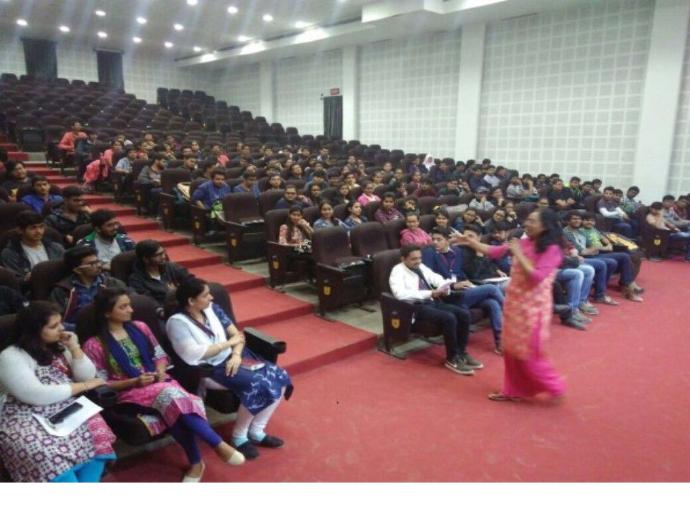
Comprehensive Student Support
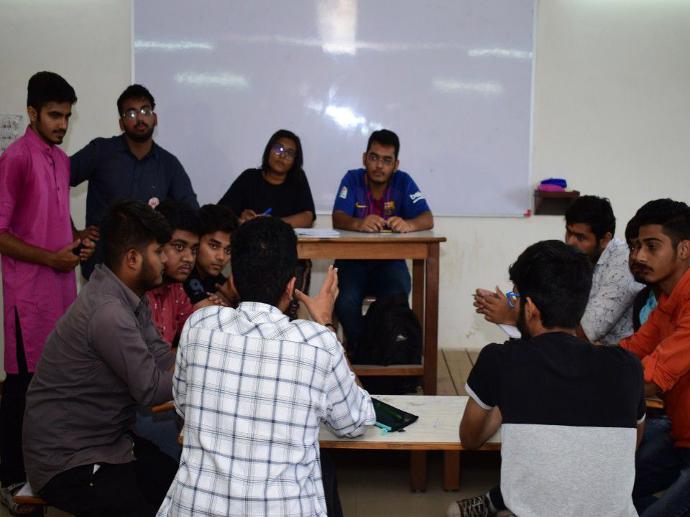
Active Learning
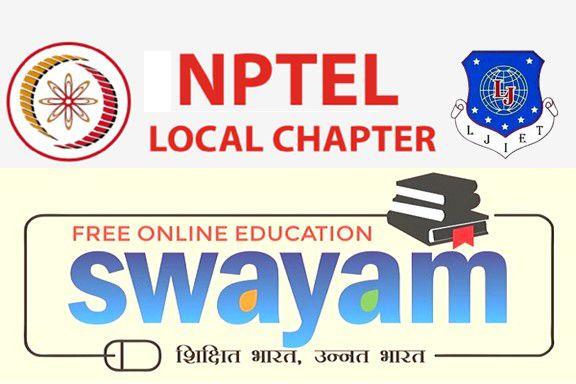
Technology-Integrated Teaching & Learning
Online Learning: Supplement classroom learning with online resources and activities (e.g., SWAYAM NPTEL Portal, MOOC Course).
Lectures
introduce key concepts with multimedia and real-world examples.
Labs
offer hands-on experience and deepen understanding through discussions.
Tutorials
provide individualized attention and problem-solving sessions.
Robust doubt-solving facility
for personalized support and re-engagement with challenging topics.
Experienced faculty members
provide additional guidance and address complex inquiries.
Open-door policy
fosters ongoing dialogue, mentorship, and personalized attention for academic growth.
Comprehensive Course Materials:
Detailed course files include syllabi, calendars, lesson plans, and more, ensuring transparent assessment and alignment with industry standards.
Gradual Progression and Practical Application:
A structured approach from basic concepts to real-world applications fosters deep understanding and passion for engineering among students.
Same Day Exam Result:
Parents receive un-evaluated scanned copies of answer books, with results declared on the exam day.
Mentoring System:
Each semester, students are assigned mentors who track progress, communicate with parents, and offer support on academics and personal matters.
Official WhatsApp Group:
Separate groups for Regular and D2D students facilitate timely updates and communication within the Mechanical Engineering department.
Group Discussions
promote collaboration and critical thinking on complex topics.
Debates
develop analytical and argumentation skills on current issues.
Case Studies
analyze real-world engineering challenges and decision-making.
Problem-Based Learning
guides students in solving open-ended problems creatively.
